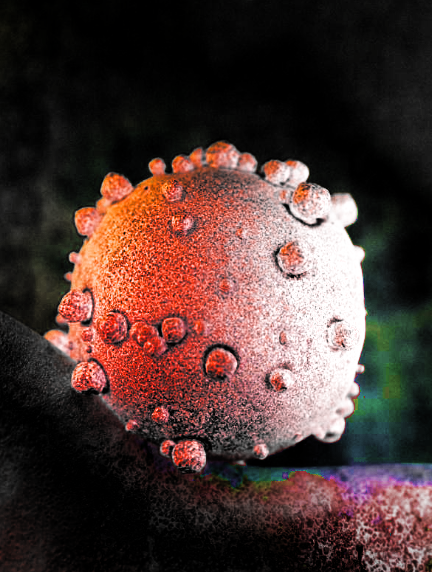Study suggests pancreatic target
 Curtin University researchers have discovered a potential new treatment for an aggressive form of pancreatic cancer.
Curtin University researchers have discovered a potential new treatment for an aggressive form of pancreatic cancer.
The discovery could increase the survival of patients resistant to currently available cancer chemotherapeutic drugs.
Researchers found a specialised protein in human pancreatic ductal adenocarcinoma (PDAC) cancer cells that is critical for tumour progression.
They also discovered that treatment with a modified version of an anti-inflammatory drug, called sulindac, could block cancer progression in mouse models with PDAC.
Treatments for people diagnosed with this aggressive type of pancreatic cancer are currently very limited, says Curtin University’s Professor Marco Falasca.
“PDAC is a very aggressive disease and people diagnosed only have a five-year survival rate, making it the fourth most common cancer-related cause of death in the western world,” Professor Falasca said.
“By using mouse models with PDAC, we were able to show that blocking cancer progression pathways with modified sulindac significantly decreased the spread of PDAC and slowed tumour growth in the body.”
Professor Falasca explained that the new findings have potential implications for future human clinical trials, as the protein being studied in this research is also known to cause resistance to currently available cancer chemotherapeutic drugs.
“Overexpression of tumour promoting proteins found in cancers like PDAC is one of the main reasons why chemotherapeutic drugs are ineffective for the treatment of pancreatic cancer. Targeting this protein could be particularly beneficial in treating patients who have failed standard chemotherapy for PDAC,” Professor Falasca said.








 Print
Print